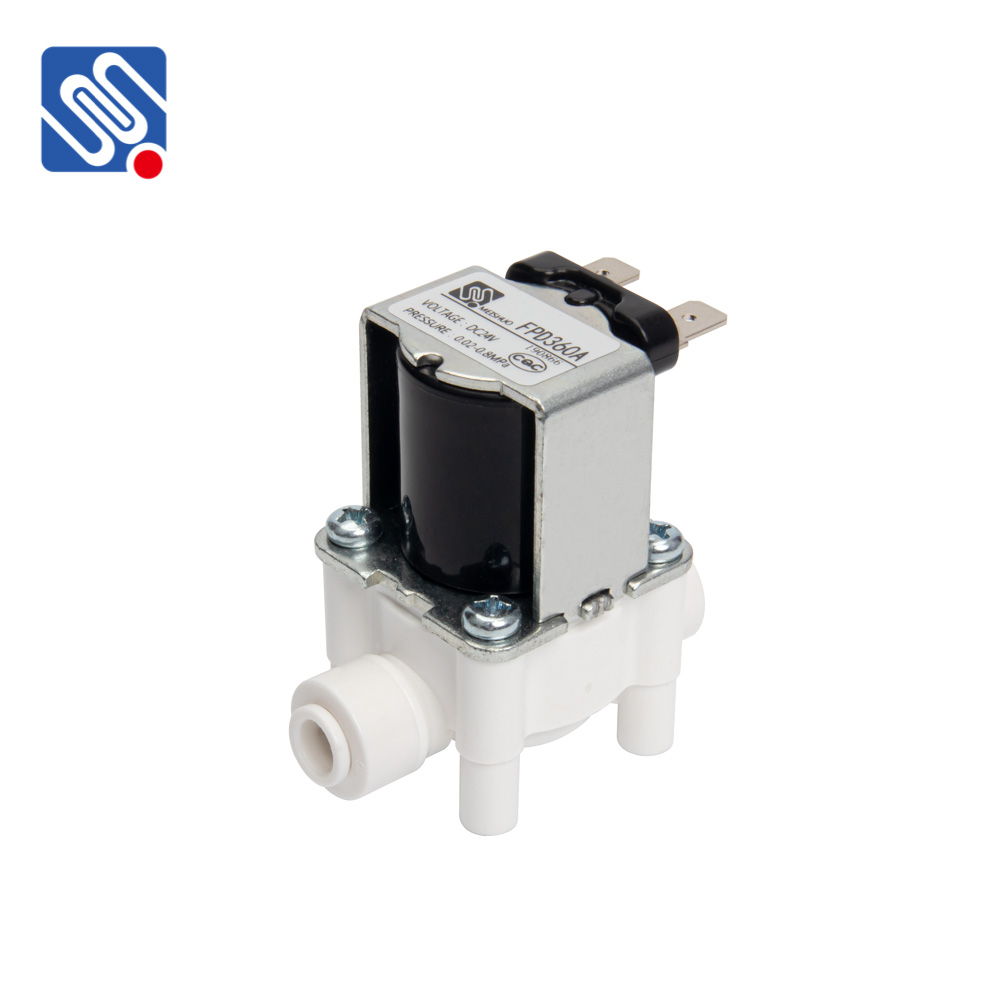PP solenoid valves have become an essential component in fluid control systems, particularly in industries where fluid handling involves corrosive or aggressive chemicals. Constructed from Polypropylene (PP), these valves offer a robust solution for applications requiring corrosion resistance, chemical compatibility, and reliability. In this article, we will explore the features, working principles, applications, and benefits of PP solenoid valves in various industrial sectors.

What is a PP Solenoid Valve? A PP solenoid valve is an electrically operated valve designed to control the flow of liquids and gases. The valve body is made of Polypropylene, a thermoplastic polymer known for its excellent resistance to acids, bases, and other chemical substances. These valves are widely used in environments where traditional materials such as stainless steel or brass may be prone to corrosion or wear due to exposure to harsh chemicals. The basic functionality of a PP solenoid valve involves the use of an electromagnetic coil that, when energized, generates a magnetic field. This magnetic field either opens or closes a valve, controlling the flow of fluid within a system. This automation feature makes solenoid valves highly effective for fluid control, offering precise operation and efficiency.